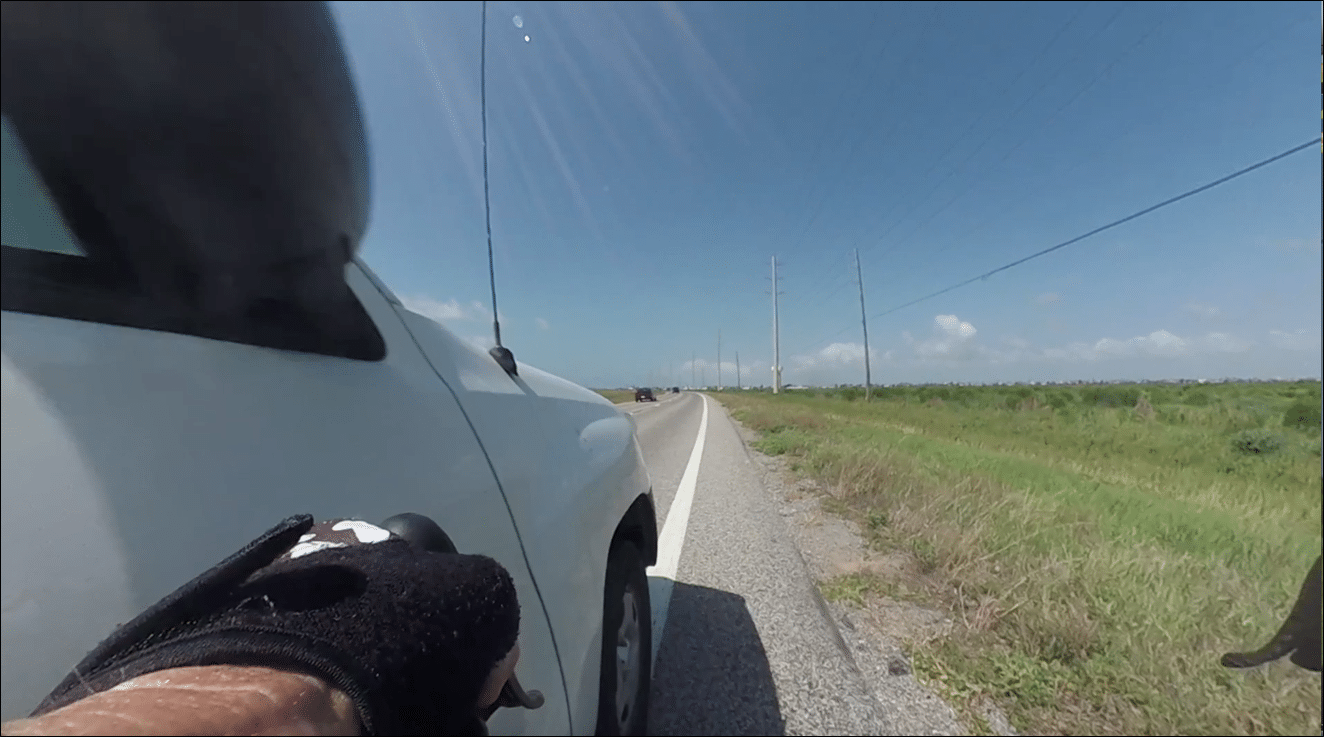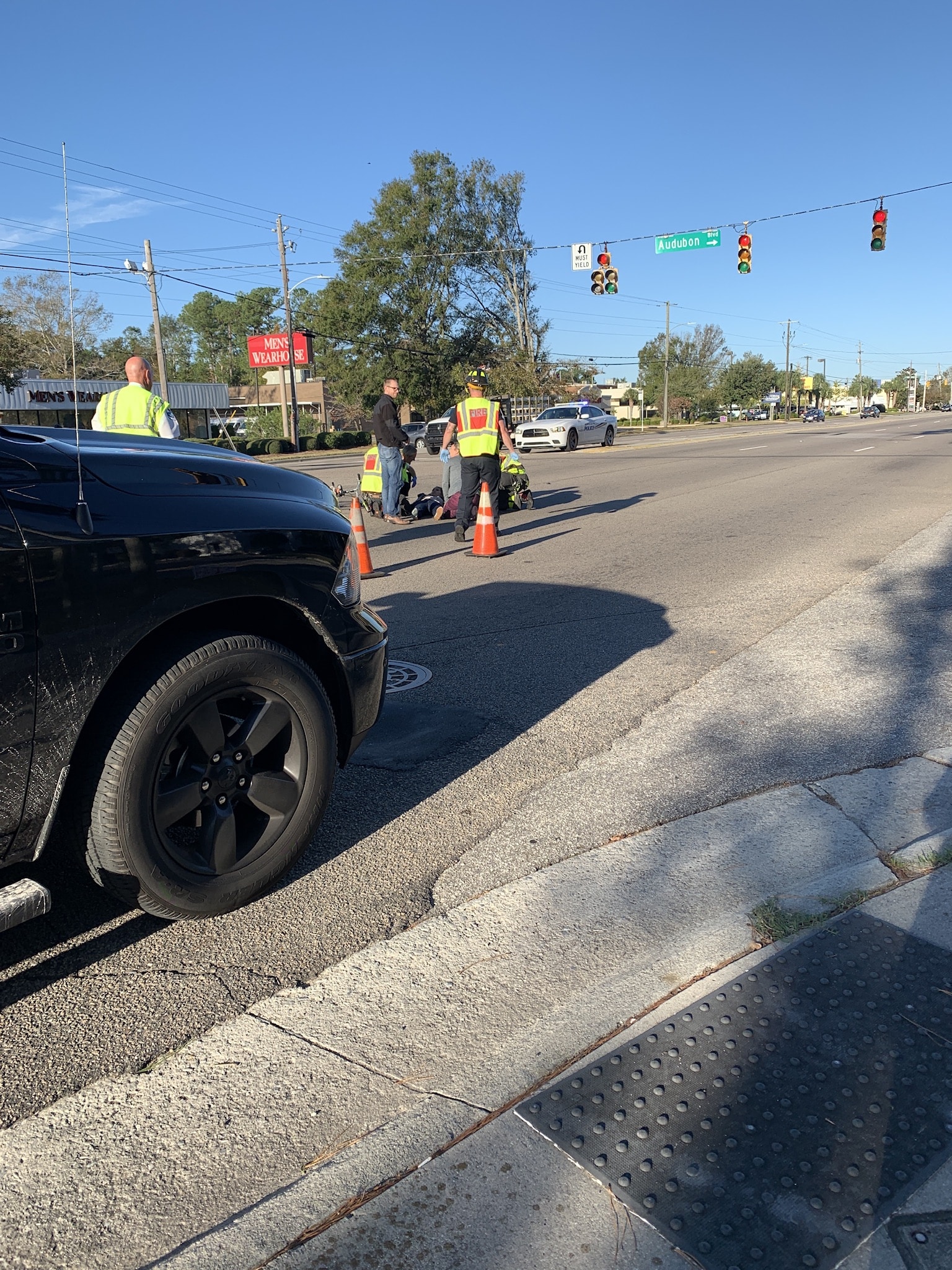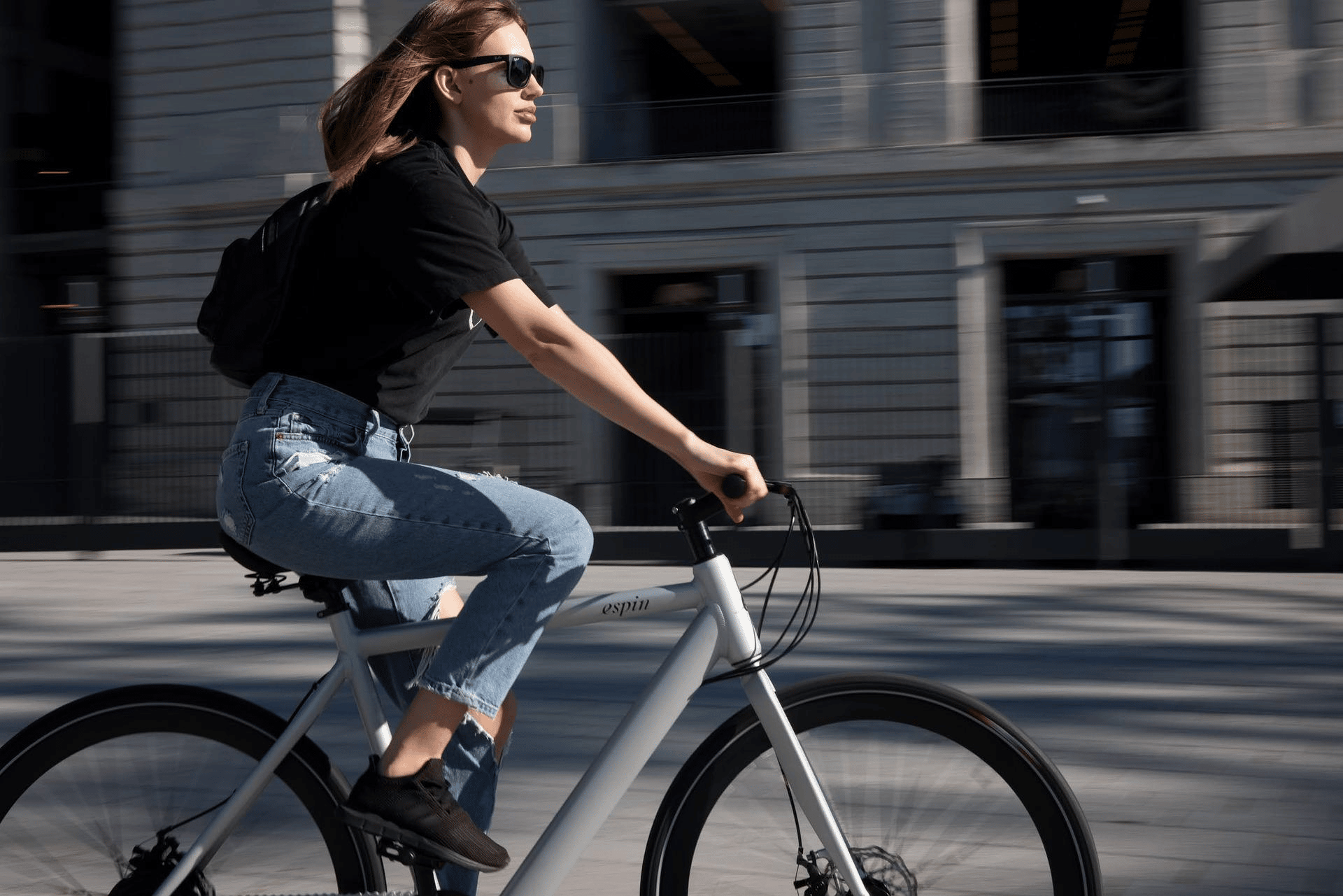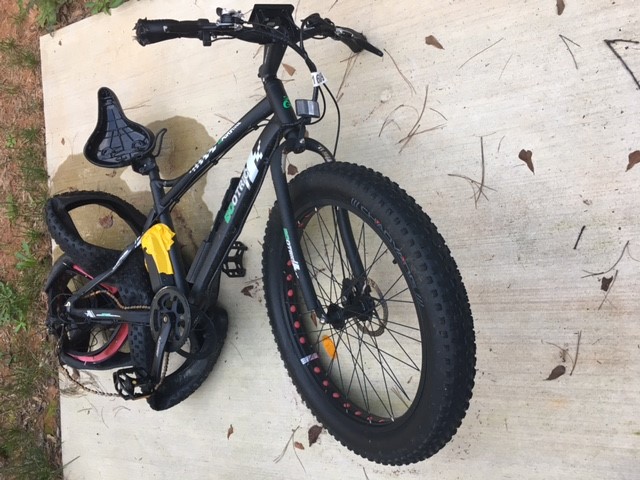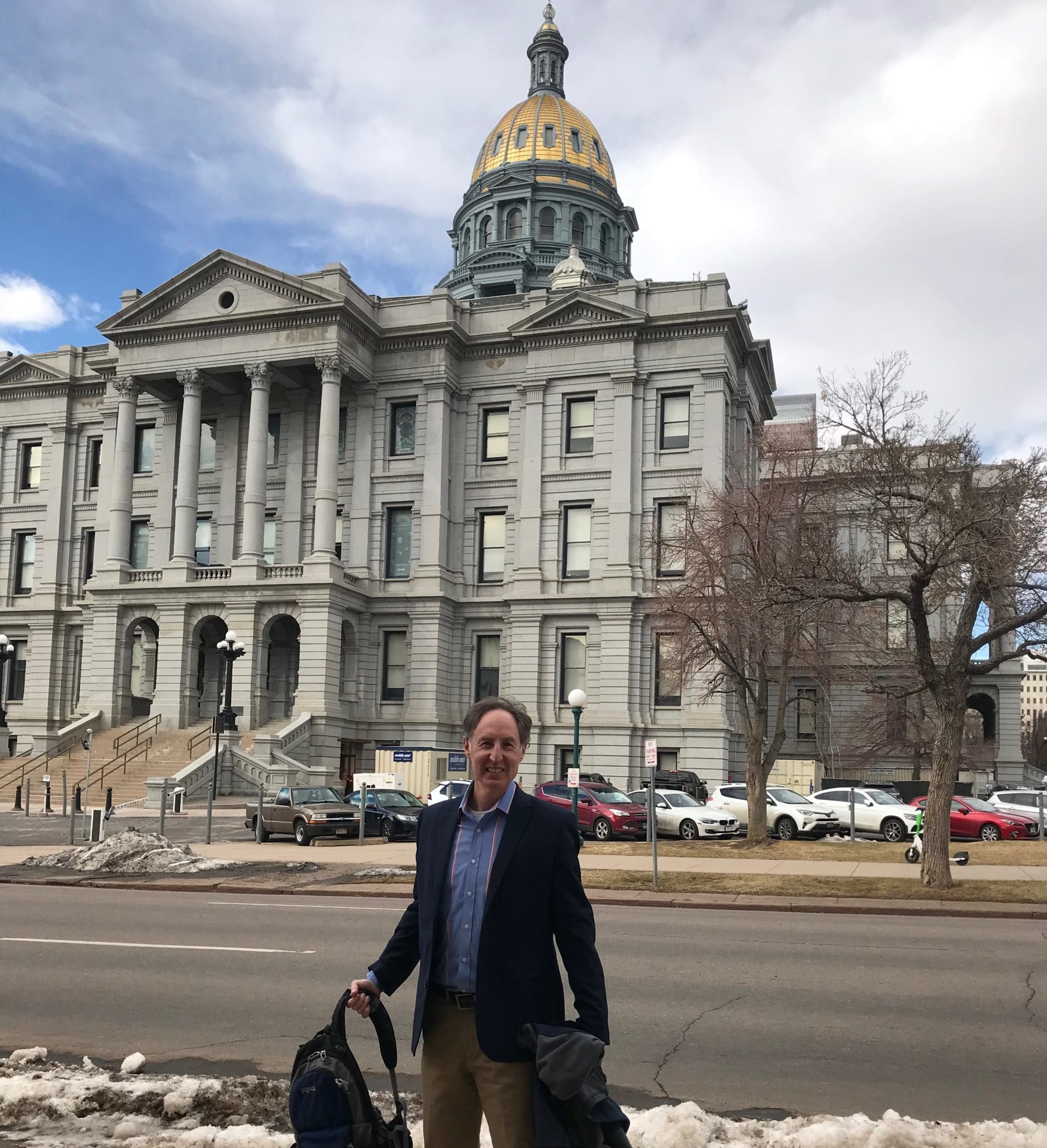New laws to protect cyclists are desperately needed.
Should Texas pass a statewide law that bans drivers from buzzing bicyclists? Should Texas fully ban a person from holding a cell phone while driving? We’ve had a decade to consider this issue. Here are my thoughts.
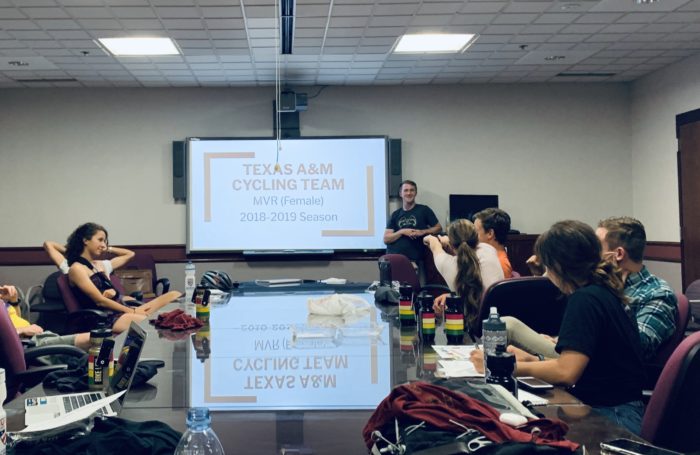
A few weeks ago, I sat in the Texas A&M Cycling Team’s last meeting of the school year. Business was as usual in College Station. Officer transitions happened, races were recapped, and unofficial awards (person most likely to…) were presented to nearly everyone in the room. This largely followed the format of the last A&M Cycling meeting I attended, which was in 2005 as an outgoing senior and when I was one of those officers passing the baton. I had walked onto campus four years before that as a freshman. I didn’t know a soul, but was determined to further my racing experience in A&M’s storied cycling program and make a few friends along the way.

Over the next few years, my cycling teammates became my core group of friends. We raced alongside each other and hung out. Our biggest worries involved making decent grades and trying not to run out of money on our meager budgets. Riding was purely a joy and not a cause for concern. Specifically, we didn’t have to worry about today’s enemy of safe riding: distracted driving. Sure, there were cell phones. But they mainly flipped and didn’t have apps. At that point, technology was years away from creating the distracted driving epidemic that we have today. We didn’t see an abundance of crashes like the kind we see now: rear strikes and sideswipes without any evidence of braking before impact. These crashes are often accompanied by the excuse that the rider “came out of nowhere” or that the sun was in the driver’s eyes, notwithstanding that a crash happened on a north-south road where the sun would never be an issue.
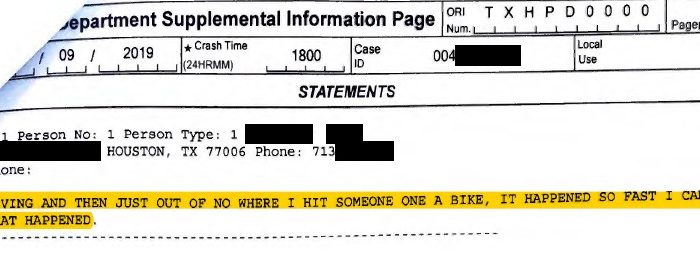
Back to 2019 and the current A&M Cycling meeting. The team and I were having a roundtable discussion about all things related to biking and the law. I asked for a show of hands as to who had been buzzed by a car in the past year while riding. All hands went up. We chatted more. Each of them had been passed within a very narrow space, by a vehicle likely weighing at least 20 times their weight, traveling anywhere from two to six times their speed.
Why should anyone be put in that danger? And how do we solve this issue? Answers: They shouldn’t, and it’s complicated but we know what the most effective next steps are. They involve having the right laws in effect so that they can be both publicized and followed, or simply enforced.
In my numerous conversations asking law enforcement officers how to curtail this dangerous driving, one of the main responses is that Texas’s statewide laws don’t allow them to effectively enforce against either unsafe passes or distracted driving.
Although Texas has a statewide law that requires “safe passes” of all vehicles, it doesn’t objectively define the clearance needed for a safe pass or have any specific protection for riders. Across the country, 35 states have passed this type of law protecting bicyclists. Texas falls into the collection of 15 states that does not protect bicyclists with a defined safe passing distance.
Unfortunately, the next step towards progress in Texas recently came to a crashing halt. Earlier in 2019, proposed bipartisan bill 962 was under consideration by the Texas House. HB962 offered clear guidance about the buffer necessary to legally make a safe pass: (1) at least three feet for a passenger car or a light truck; or (2) at least six feet for a commercial motor vehicle or a truck other than a light truck.
This proposed law shouldn’t have been controversial. In 2009, the Texas Legislature overwhelmingly passed a near-identical law. The Texas House unanimously voted in favor of this law, while the Senate passed it by a margin of 25-5. Despite its widely supported passage, then-Gov. Rick Perry single-handedly killed that law. Gov. Perry vetoed the bill because it placed the “liability and responsibility [of a safe pass] on the operator of a motor vehicle.” This reasoning left many people confused, and some others wondering whether the Governor had comprehended or even read the bill. Either way, the law didn’t go into effect in 2009.
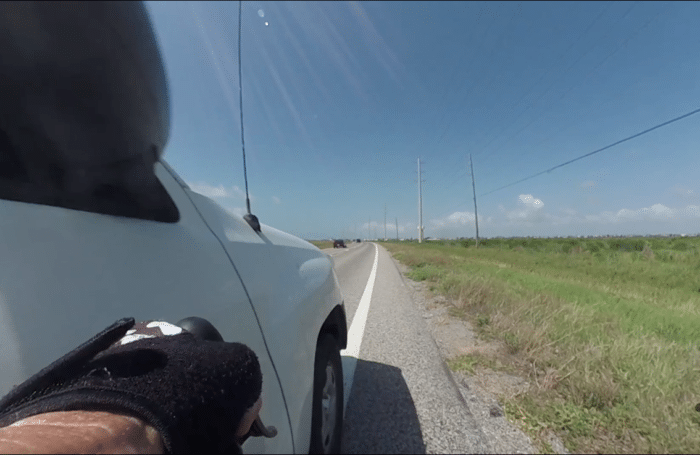
In response, many Texas cities began passing local versions of the three-foot law. Approximately 28 local governments prioritized this issue and required this protection over the last decade. Sadly, this law is often a reactive measure to a fatality or near-death encounter. A recent example of this involved Jo Williams, who is one of the luckiest-unlucky people that we could ever know. Jo was passed by the driver of a pickup truck at approximately 70 mph by less than an inch. Her handlebar-mounted camera caught the incident. After showing this video to the Galveston Police Department, they said that they couldn’t help because Jo wasn’t struck and no law existed to cite the driver. Seeing an opportunity for improvement, Bike Law and Jo worked with the Galveston City Council and City Attorney’s Office to draft and pass a 3’ safe passing law. It’s now in effect, but only because Jo was nearly killed that day. This shouldn’t be the model to protect Jo, Aggie collegiate racers, or any of us who ride in Texas. A statewide law would obviate the need for each city in Texas to pass individual versions of this law. Ironically, there are 962 cities in Texas, which was the bill number of this proposed safe passing legislation.
In a blow to the protections of bicyclists in Texas, HB 962 died in committee last week when the 2019 Texas Legislature adjourned.
Separately, Texas has a law banning distracted driving. This should benefit everyone who drives, bikes, or walks, but the current version of this law is nearly impossible to enforce. The gist of the law is that drivers are not allowed to read, write, or send electronic messages on a mobile device. Drivers may legally hold their phones to use the GPS function, play music, or use any app that doesn’t involve messaging. The obvious problem remains – how is law enforcement supposed to determine whether the person driving in traffic is using their phone illegally? The most effective answer is for Texas to join the list of states who have a full handheld phone ban: Georgia, New York, California, Oregon, Washington, Nevada, Illinois, Vermont, New Hampshire, Connecticut, Rhode Island, New Jersey, Delaware, Maryland, West Virginia, and D.C. A handheld ban doesn’t require guesswork for effective enforcement. You’re either holding your phone (guilty), or you’re not.
Transportation institutes have now studied the effects of distracted driving for over a decade. The results are alarming. In Texas in 2016, there were 109,658 traffic crashes that involved distracted driving, leading to over 3,000 serious injuries and at least 455 fatalities. Despite the significance of distracted driving crash rates in Texas, the Texas Legislature doesn’t seem ready to pass a full handheld ban for cell phones. This is unfortunate, as many more lives will tragically end before this law is ultimately passed and enforced.
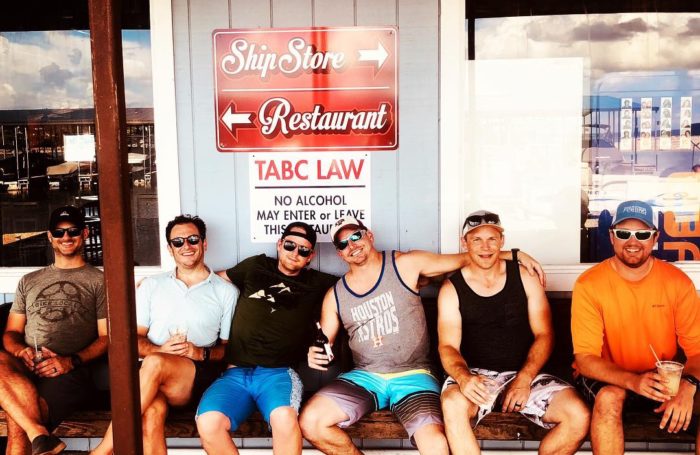
Looking across the room in that recent A&M Cycling meeting, I saw both the future of riding/racing in Texas as well as a talented group of hard-working young people who will be in the workforce for decades. I thought back to our version of the team in the early 2000s. We had nearly 100 riders who have grown up to be doctors, dentists, professional bike racers, farmers, energy traders, teachers, real estate developers, and bike advocates. More importantly, we’ve grown up and into roles as significant others, spouses, and parents. We blissfully rode nearly 20 years ago in a time when distracted driving wasn’t a common hazard. That era has ended. It’s now up to all of us to keep our lawmakers aware of these unnecessarily risky traffic dynamics so that they may effectively legislate towards safer roads for all.
If you’d like to keep up with these developments and hear what we’re else doing at Bike Law Texas, drop me an email at [email protected]. I’ll add you to our update list so that you have the latest information on these issues as they develop further.
If you’ve been in a bike crash and need help from our Texas bicycle accident lawyers, contact us right away.

Charlie is a bicycle accident lawyer in Louisiana, Texas, and Mississippi and a member of the Bike Law Network.
Having served as the president of the Texas A&M Cycling Team, where he led the team in appearances in the U.S. Collegiate National Championships, Charlie has spent thousands of hours riding his bicycle in Texas.



